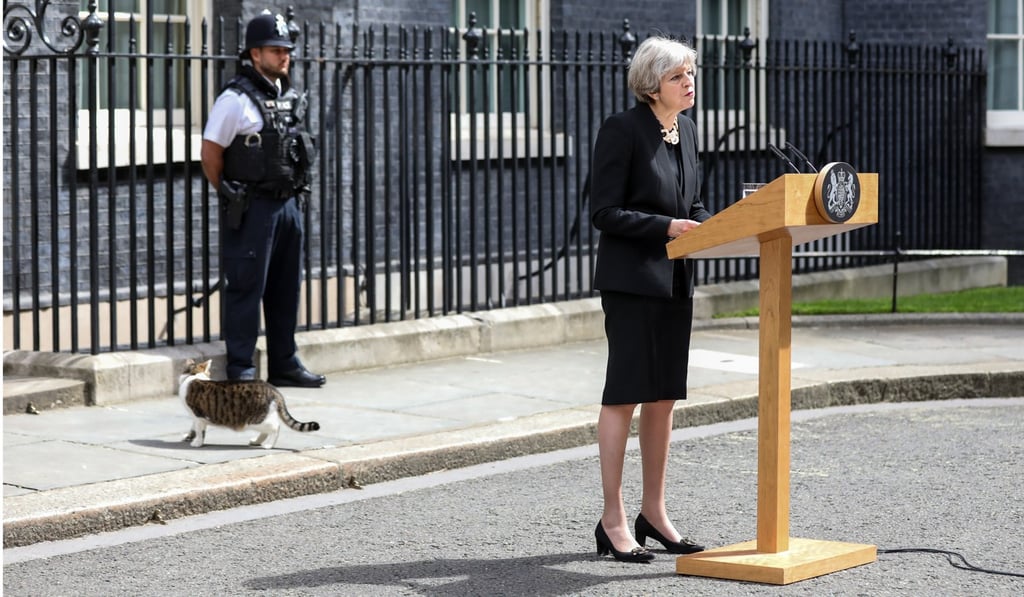Why is it tech firms’ responsibility to stop jihad online?
After a spate of terror attacks, Western leaders appear to be contemplating the sort of internet controls that Asia has become infamous for

Silicon Valley’s deep-pocketed internet giants have long been the darlings of Western governments, but these days the likes of the “GAFAs” – Google, Apple, Facebook and Amazon – just cannot catch a break with officialdom on either side of the Atlantic. Fresh from battling the United States’ new immigration curbs, leading web firms are now facing accusations in Europe of inadvertently abetting terror, and the spectre of Western policymakers enacting the sort of internet regulations that Asian countries from China to Singapore have become infamous for.
After the assault on London last week – Britain’s third terror attack in three months – Prime Minister Theresa May slammed internet companies for being partly responsible for providing extremist ideology “the safe space it needs to breed”.
May, whose Conservative Party held onto power after a knife-edge general election on Thursday, urged “allied democratic governments to reach international agreements that regulate cyberspace to prevent the spread of extremism and terrorist planning”.

In Southeast Asia, countries like Singapore, Malaysia and Thailand have routinely faced criticism for using internet laws to suppress online government critics.
Is Hong Kong ready to combat global terrorism?
In comparison, Hong Kong has minimal internet controls beyond laws criminalising the distribution of obscenities like child pornography. The city’s Security Bureau did not directly respond to This Week in Asia queries on whether it has demanded the take down of extremist content, but said the police requests information and cooperation from organisations including internet platforms “in accordance with relevant laws and established procedures”.